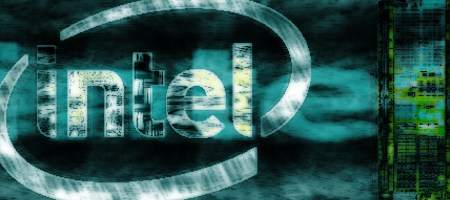Nvidia says it is “postponing” further chipset investments for Intel DMI CPUs. However, the GPU company will continue to “innovate integrated solutions” for Intel’s FSB architecture.
“Because of Intel’s improper claims to customers and the market that we aren’t licensed to the new DMI bus and its unfair business tactics, it is effectively impossible for us to market chipsets for future CPUs,” an Nvidia spokesperson told TG Daily. “So, until we resolve this matter in court next year, we’ll postpone further chipset investments for Intel DMI CPUs. [However], we will continue to innovate integrated solutions for Intel’s FSB architecture. We firmly believe that this market has a long healthy life ahead. “

The spokesperson added that he wanted to “set the record straight” on current and future Nvidia chipset activity.
“On Intel platforms, the Nvidia GeForce 9400M/ION brands have enjoyed significant sales, as well as critical success,” explained the spokesperson. “Customers including Apple, Dell, HP, Lenovo, Samsung, Acer, ASUS and others are continuing to incorporate GeForce 9400M and ION products in their current designs. There are many customers that have plans to use ION or GeForce 9400M chipsets for upcoming designs, as well.”
The spokesperson also claimed that Nvidia continued to sell “a higher quantity of chipsets” on AMD platforms than AMD itself.
“MCP61-based platforms continue to be extremely well positioned in the entry CPU segments where AMD CPUs are most competitive vs. Intel,” said the spokesperson. “We expect our MCP business for both Intel and AMD to be strong well into the future.”

Meanwhile, an Intel spokesperson told TG Daily that the dispute between the two corporations over the terms of its cross license has continued for more than two years.
“There is nothing new in [this] dispute. We will wait to have the court resolve it,” said the spokesperson. “We have nothing to say with respect to the Nvidia decision to halt work on chipsets because it’s their business decision.”






